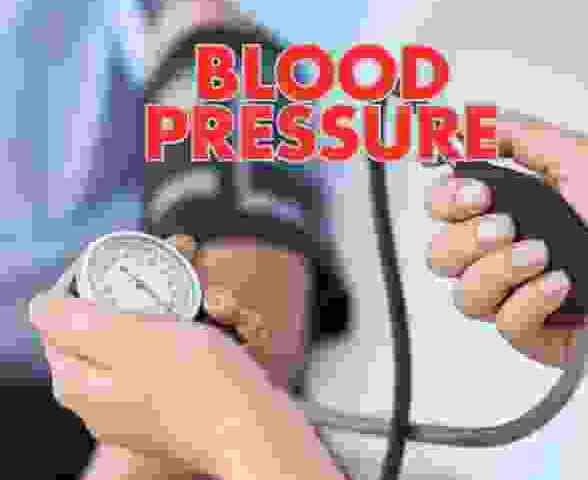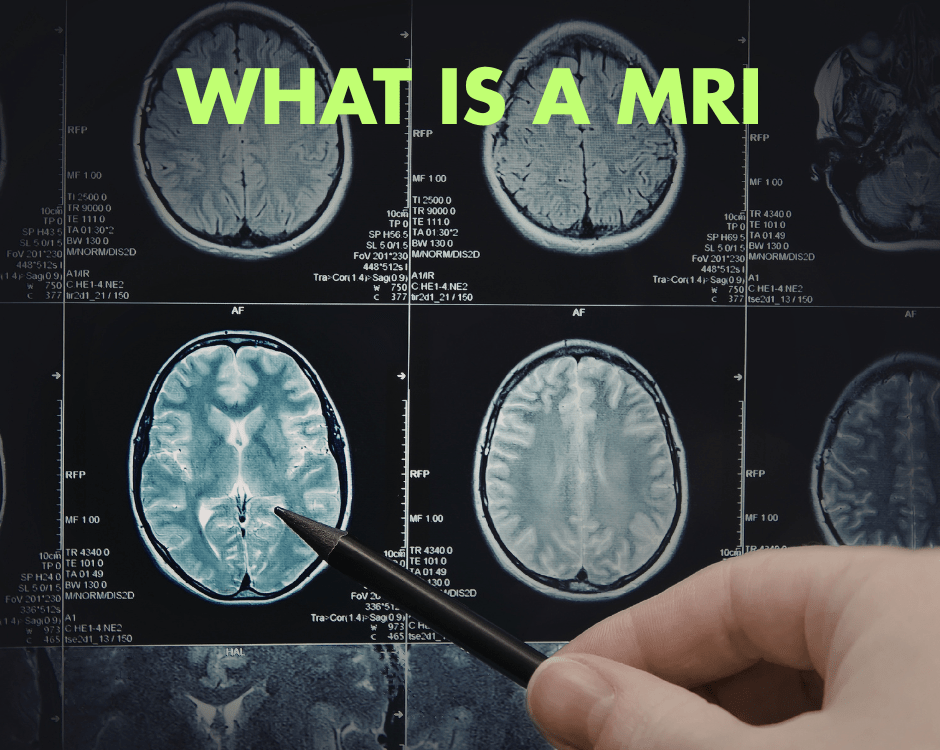Blood Pressure Basics

Radiculopathy Following Motor Vehicle Accidents
April 25, 2025
Black Eyes From Accidents?
April 25, 2025- Accident doctor
- accupuncture
- airplane headache
- alzheimer's
- best habits
- Brain Injuries
- car accident
- car accidents
- cervical strain
- colds
- concussion
- Concussions
- disc bulge
- dosage meds
- dry needling
- dull pain
- E bike injuries
- florida
- good posture
- headaches
- Headrest positions
- Headrest positions after an accident
- Healthy choices
- Healthy flying
- healthy gift guide
- Healthy SPring Ideas
- hip pain
- hyperextension
- injury doctor
- insurance
- Kayaking
- kentucky
- kids motion sickness
- lifestyle
- motion sickness
- neck injury
- no fault insurance doctor
- noise healing
- osteoporosis
- pain symptoms
- pink noise
- posterior chain
- posture
- prevent osteoporosis
- Rest
- Scoliosis
- shoulder pain
- Stress with kids after a motor vehicle accident
- TBI
- tips
- tmj
- torn muscle
- Traumatic Brain Injury
- trigger points
- VitaminD
- What are Post Traumatic headaches?
The Basics of Blood Pressure
Blood pressure is one of those things we hear about all the time. It may be the first thing checked at the doctor’s office, talked about in a health class, or discussed with friends as they monitor theirs on a smart watch. But what exactly is it, and why does it matter? Understanding the basics of blood pressure can make a big difference in how we take care of ourselves. Dr. Aaron Workman, a team member of one of the highest rated car accident medical care programs in Kentucky, discusses blood pressure and what the numbers mean.
What is Blood Pressure?
To keep it simple, blood pressure is the force your blood puts on the walls of your arteries as your heart pumps it through your body. Think of your arteries as highways and your blood as the traffic moving along them. When the heart beats, it is like a green light sending cars (blood) pushing forward. That is the top number you see in a reading such as 120/80 and is called systolic pressure. It measures the pressure during that heartbeat. When your heart rests between beats, the pressure drops a bit making the second number, such as 80, and that is the diastolic pressure. Together, they tell the story of how hard your heart is working and how your arteries are handling the load.
Normal blood pressure sits around 120/80 mmHG. Anything much higher or lower can signal trouble. High blood pressure, or HYPERtension, is when those numbers creep up consistently, for example to 130/90 or above. It is sneaky because you might not feel it, but over time, it can wear out your arteries, heart, and even your kidneys. Low blood pressure, or HYPOtension, can leave you dizzy or faint if it dips too far below normal. I have had patients ignore these readings, thinking it is no big deal, but long term it can cause health problems that are preventable.
What Affects Blood Pressure?
Lifestyle, Lifestyle and Lifestyle. Eating too much salt, sitting around all day, or letting stress pile up can push your pressure higher. On the flip side, regular exercise, a diet full of fruits and veggies, and kicking the smoking habit can bring it down. Genetics can also play a role, but it is not an excuse as familial lifestyle patterns of activity levels and diets can give the same outcome. I have seen folks blame their family tree for high readings, only to turn it around with a few consistent changes.
How to Know Your Numbers?
Checking your blood pressure is easy nowadays. You can grab an automatic cuff at the pharmacy that fits on the wrist, relax, and let it do its thing. If you are getting numbers that do not look right, do not panic. Write them down, track them over a few days, and talk to your healthcare provider. It is like keeping a log of your car’s gas mileage. There will be days when the numbers are off, but a log will show the bigger, more accurate story.
Understanding blood pressure is not just about numbers. It is another gauge as to what the body is doing at that specific time of the day. It is a window into your heart’s workload and your overall health. It is not the most exciting topic, but getting a handle on it can save you a lot of hassle down the road. So next time you see those two numbers pop up, you will know what they are saying, and what you might need to do about it. A little awareness can go a long way on your road to a long healthy life.
— This article is written by Aaron Workman, DC, one of the members of Chambers Medical Group’s team of car accident chiropractors who offer a variety of treatments and therapies ranging from diagnostic testing to various soft tissue therapies for car accidents and injuries in Kentucky.




